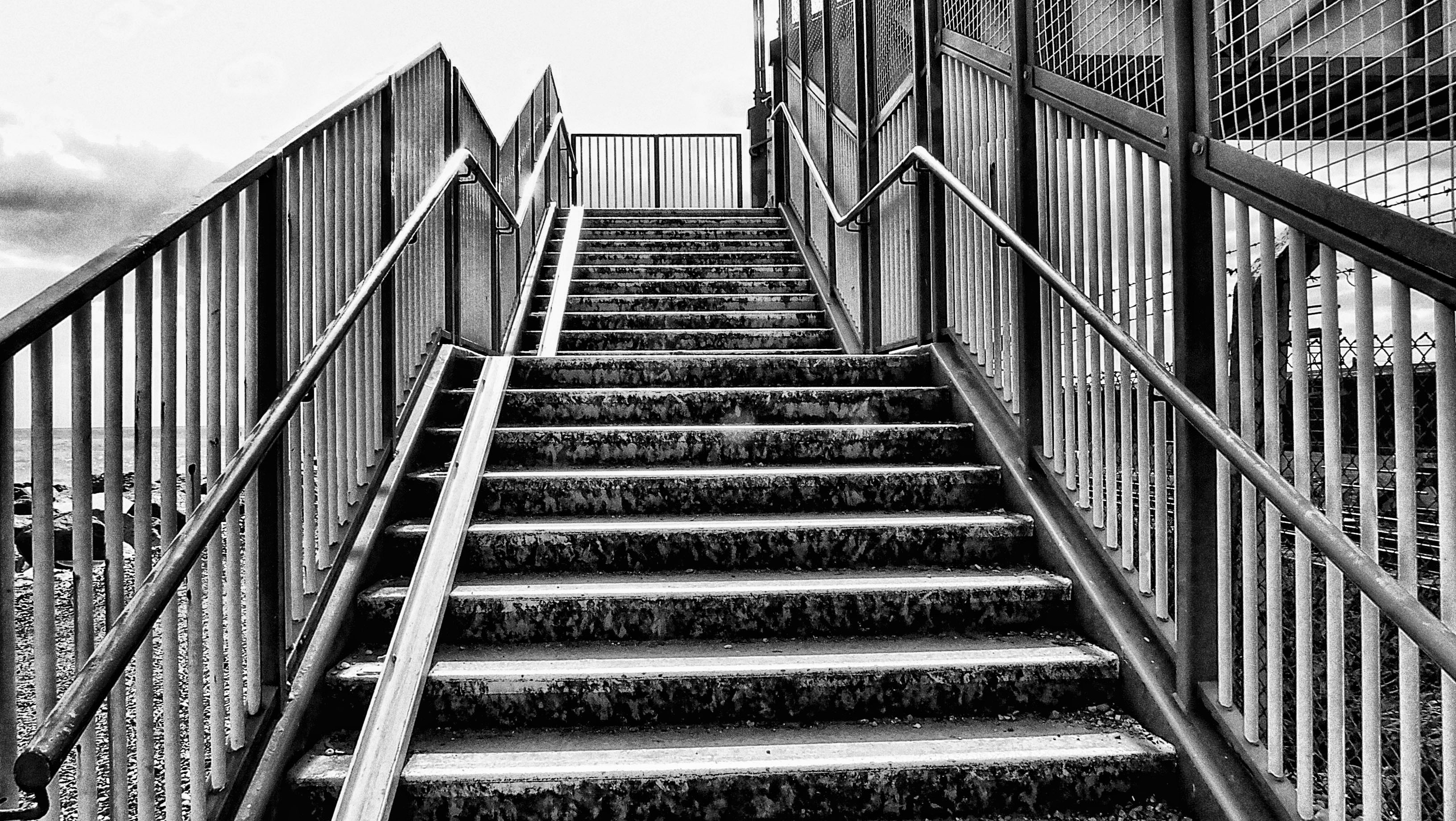 As a property manager, it is your job to provide a safe environment for your tenants. Does that include:
As a property manager, it is your job to provide a safe environment for your tenants. Does that include:
- Fixing that upturned paving stone?
- Installing lights for the parking lot?
- Insuring that the front steps are free from ice after a storm?
Most lawyers would say, “It depends.”
Maryland Accident Law Blog reported a case where the tenant complained several times about the lack of light on a set of stairs. The condo association did nothing and the resident slipped and fell. Of course, a suit was filed against the association and the property managers.
The trial court agreed with the plaintiff, but the case was reversed by a higher court, which ruled that the plaintiff could not prove a relationship with the condo association or property managers.
Don’t depend on being saved by a technicality.
What exactly is a slip and fall? It is defined as an event when a person falls and suffers harm due to an unsafe condition on another person’s property. Local ordinances can also be relevant as well as owner negligence.
Let’s get serious and use common sense.
- A descriptive sign properly placed can help prevent an accident.
- Take care of problems sooner rather than later. An area of dangerous footing needs to be fixed right away before someone trips.
- Regularly walk around the property for a visual inspection. Is there a loose brick on the walkway? A slick spot on the flooring? Loose wiring that could ensnare a resident? Get these issues fixed!
- Keep written records of inspections, repair work and how past slip and fall issues were dealt with.
- Review safety issues with employees. Safety training is standard for many businesses. Make sure it is at yours as well.
A slip and fall is comical only on cartoons or in the movies
You don’t want to get dragged into court if a person is injured on your property. If you do, you will need to get “lawyered” up on some terms. First, the person involved (plaintiff) needs to prove negligence. For example, if the property manager is fixing a sidewalk outside the apartments, he must rope off the section being fixed so an unwary tenant does not step into a hole where the damaged sidewalk is being removed. That would be a clear case of negligence.
Were you negligent? The plaintiff can try to determine that through discovery. That means the plaintiff might demand to see maintenance records, complaints received from other residents, video surveillance, etc. In addition, the plaintiff can get recorded interviews from people involved in the case. He does not have to wait until in court to learn relevant information. Subpoenas can be used to force the defendant and others to provide that information.
Scary process
This process can be scary as a property manager often feels out of his element. Leaning on the advice of a competent attorney, the property manager needs to do some discovery of his own. Frequently slip and fall cases can be determined by “contributory negligence.” What that means is the plaintiff was careless and should have avoided the problem in the first place. Perhaps he was reading messages on his cell phone when he fell into the hole in the sidewalk. Maybe the plaintiff was wearing slick-soled shoes when he slipped on the wet grass and did not fall into the missing sidewalk section at all.
Burden of proof
Was there negligence? Was the plaintiff actually hurt? Was he even on the property when injured? In slip and fall cases, it’s up to the injured party to prove it. That’s called the burden of proof.
Some one million people in the U.S. visit the hospital because of slip and fall incidents. You don’t want any of your tenants to be among them. Not only must you make sure your property is as safe as you can make it, but be on the alert for fraud.
Fraud or negligence?
Tenants have been known to fake an accident to get some easy money. When the “accident” is investigated, evidence sometimes reveals that the plaintiff has successfully made claims in the past and has a habit of making these claims. One of the property managers’ best tools is a working surveillance camera. These cameras are not expensive and can provide excellent evidence for the manager to use when defending his facility.
To summarize, the effective property manager needs to be proactive, inspect her property regularly for problems, utilize available equipment like video cameras and keep careful records of maintenance issues. Stay safe!
Want to stay up to date on all the latest news in for property management and snow removal? Follow us on Facebook.

